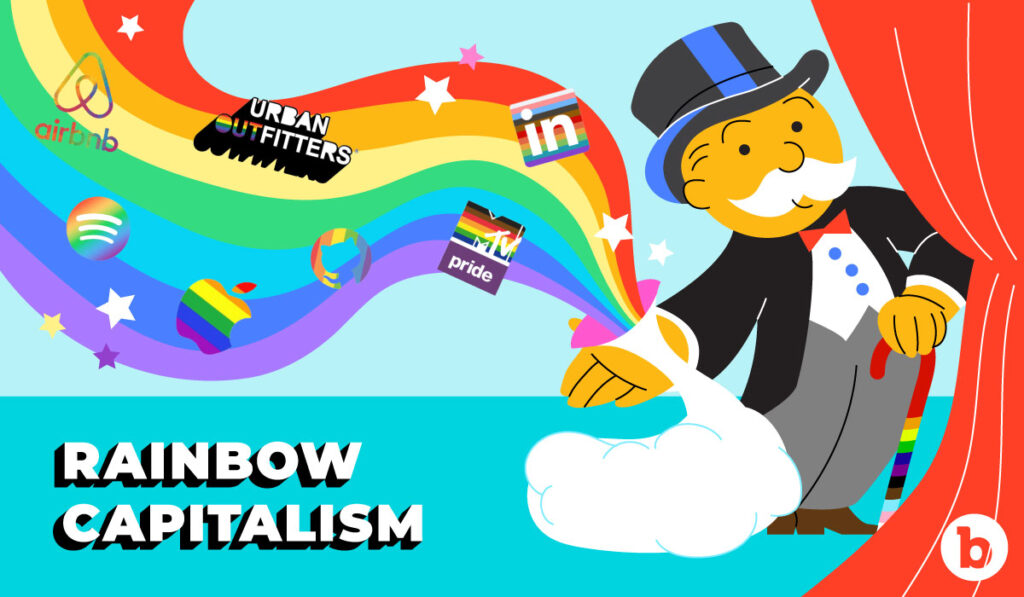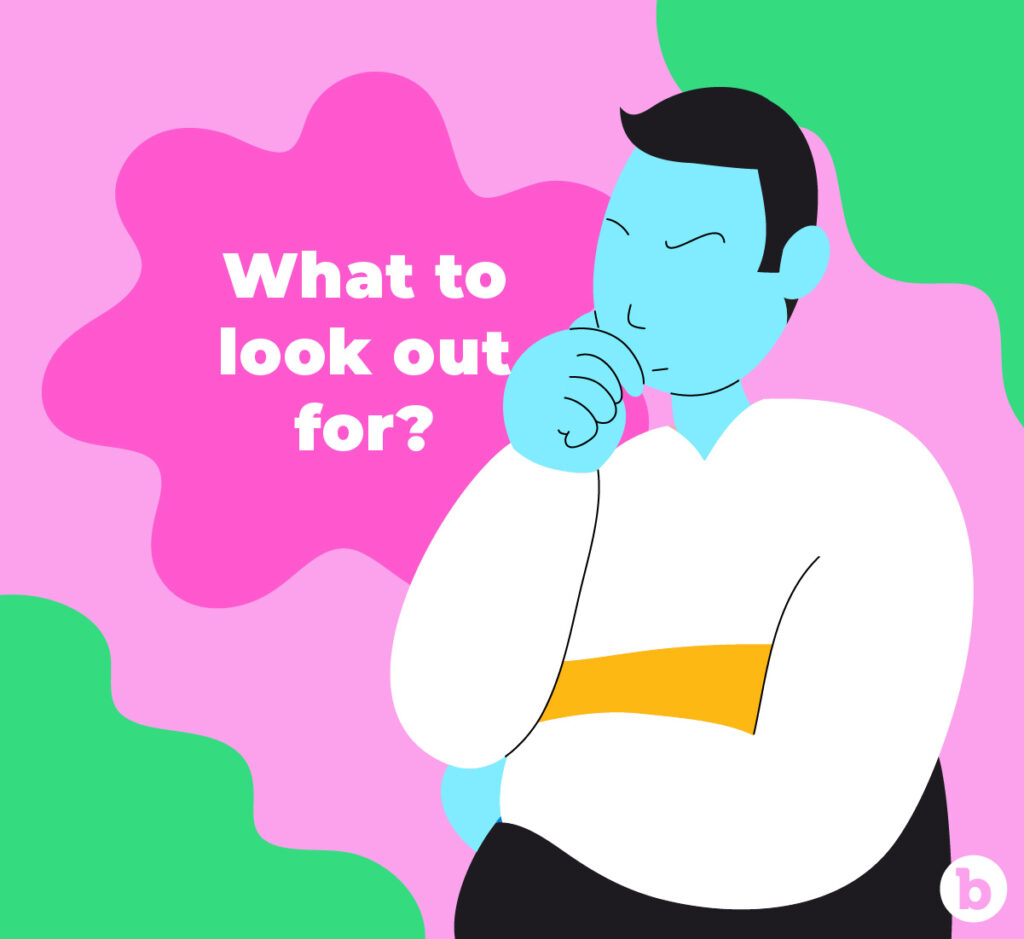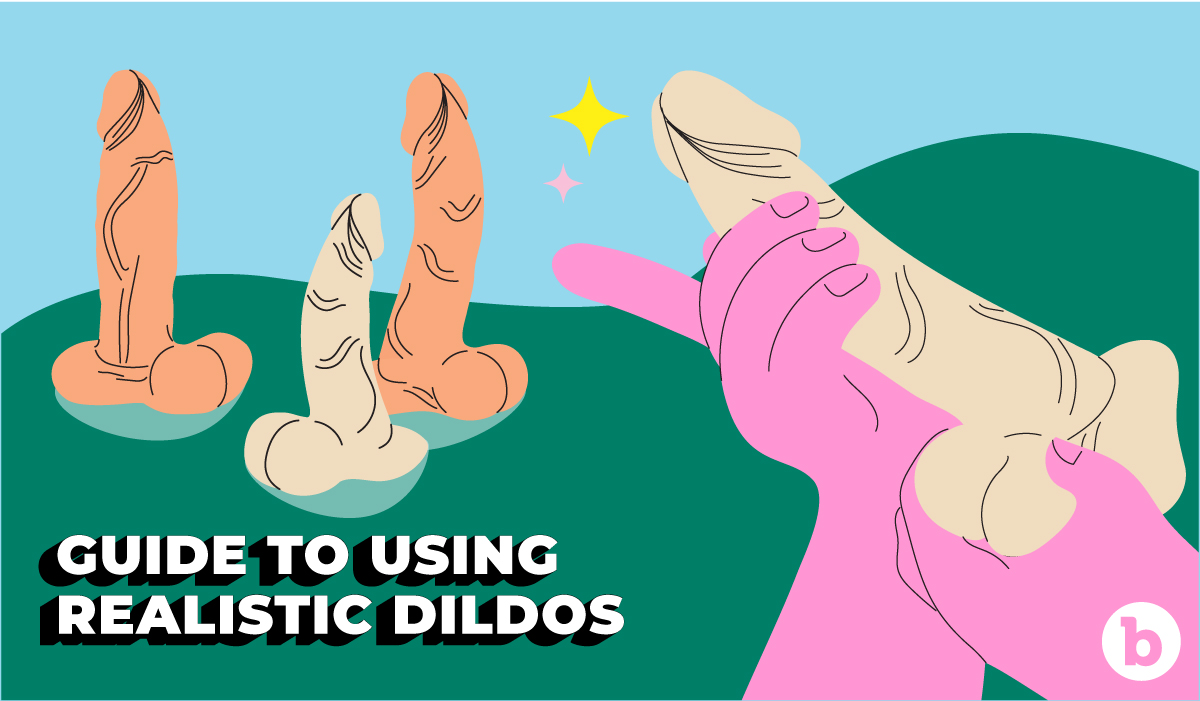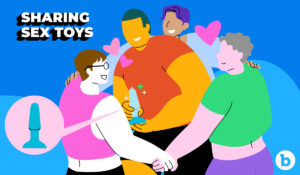
‘Rainbow Capitalism’, It’s Been a Big, Bad Year
What is rainbow capitalism? Which companies are guilty of "pink-washing"? Sex journalist Bobby Box highlights five things to look out for during Pride month.
June is here and I’m willing to bet my “bottom” dollar that most businesses have acknowledged Pride month by tossing a rainbow on their logo or releasing predictably gauche merch that will be ridiculed by countless Tik Tok creators. (I’m looking at you, Target.)
Rainbow capitalism has been a hot topic these last few years but has experienced a particular resurgence this year. Most notorious being the recent incident with Bud Light, who created one promotional beer can in a brand partnership to celebrate the one-year anniversary of influencer Dylan Mulvaney’s transition.
This gesture was enough to incite an explosive outrage among conservatives, who made videos destroying their supply of Bud Light in opposition of this support for the LGBTQ+ community. Some bars threatened to remove all Anheuser-Busch products, and right-wing celebrities like Kid Rock filmed themselves having a tantrum and shooting Bud Light boxes with an assault rifle.
Unfortunately, the backlash was successful, and Anheuser-Busch has reportedly decided to alter their temporary rainbow design to a camouflage print after experiencing a 21 percent drop in sales. The brewing company released a statement explaining they “never intended to be part of a discussion that divides people,” which, understandably, upset the LGBTQ+ community, causing an opposing backlash.
Even more recently, the Los Angeles Dodgers faced similar criticism for their decision to disinvite the drag group Sisters of Perpetual Indulgence from their 10th annual Pride Night this year after Florida Senator, Marco Rubio, called the group “anti-catholic,” spurring impassioned outrage among the right.
The plan was to originally honor the group of queens with the Community Hero Award, to thank them for their many charitable causes and services and helping raise over one million dollars for AIDs research. Less than a week later, the Dodgers apologized and re-invited the Sisters of Perpetual Indulgence after backlash from the LGBTQ+ community, civil rights groups, and Dodgers employees.
WHAT IS RAINBOW CAPITALISM?
Rainbow capitalism, which also goes by “pink capitalism” and “pink-washing”, occurs when companies and corporations attempt to capitalize off of Pride without actually supporting the LGBTQ+ community. It’s profit masquerading as support, where the central interest is corporate greed, not LGBTQ+ issues.
The most common examples of rainbow capitalism are when a company adds a rainbow to their logo for the month of June (only to remove the rainbow and any representative marketing when the clock strikes midnight on July 1), sponsors floats at Pride parades merely to be seen and releases Pride-themed items without donating any profits to LGBTQ+ charities or causes.
Rainbow capitalism is troublesome for many reasons, but perhaps the most notable being that it takes money from actual queer artisans and retailers and further lines the pockets of companies that may have no concern for the community at all. Considering the LGBTQ+ community’s buying power is estimated at $917 billion, it isn’t exactly surprising that companies are willing to lie for their piece of the pie.
An article published in 2021 by LinkedIn published that there are only four openly LGBTQ+ CEOs in the Fortune 500. Not to mention, of the 5,670 board of director seats, only 25 are held by LGBTQ+ executives.
The article adds that this underrepresentation is pervasive across all job levels, meaning most companies don’t even hire the people they are actively marketing to during Pride month. This makes a compelling argument as to why 46 percent of LGBTQ+ employees remain closeted at work.
COMPANIES GUILTY OF RAINBOW CAPITALISM
In 2021, a report from Popular Information, a publication dedicated to accountability journalism, found that 25 major corporations that claim to support the LGBTQ community during Pride donated more than $10 million to anti-gay politicians in the two years prior. What’s worse, all of these companies have a 100 percent rating on the HRC’s 2020 Corporate Equality Index, which measures corporations' “public commitment to the LGBTQ community.”
Note that these numbers were collected in 2021, meaning the spending in the two years since is likely higher. These are some of the worst offenders.
CVS
Despite empty words of support for the community and rainbow-washing their logos each and every June, CVS Health has supported sponsors of anti-trans legislation in Texas, North Carolina, and Tennessee. Since 2019, CVS Health has donated $259,000 to homophobic and transphobic members of Congress who’ve received a zero in HRC's Congressional scorecard rating.
Comcast
Comcast, the telecommunications and media conglomerate including Disney, NBC, Dreamworks, Universal Pictures, etc. might have created a “Virtual Pride World'' to celebrate Pride during the pandemic, but they’ve also donated more than $1.1 million to anti-LGBTQ politicians since 2019.
Wells Fargo
Wells Fargo has donated $124,500 to 48 anti-LGBTQ federal lawmakers since 2019. The company has also donated more than $17,500 to anti-trans state legislators in North Carolina and Texas.
Deloitte
Since 2019, Deloitte has donated at least $662,000 to 103 federal lawmakers who received zeros from the HRC. The company has also donated $3,000 to state legislators in Florida, North Carolina, and Texas supporting anti-trans legislation.
AT&T
Despite being a signatory of the HRC letter opposing anti-LGBTQ state legislation in 2021, AT&T has donated more than $63,000 to state lawmakers sponsoring anti-LGBTQ legislation.
Other companies that promote equality but have supported anti-trans and anti-LGBTQ+ legislation include: United Parcel Service (UPS), Exxon Mobil, Chevron, Home Depot, Verizon, Johnson & Johnson, and General Motors. If you want more information, you can see the full list here.
COMPANIES TO SUPPORT DURING PRIDE AND WHAT TO LOOK OUT FOR
It can be difficult to determine which companies authentically support the LGBTQ+ community and which are doing it for optics or financial gain, but here are some of the more telltale signs that a company has the LGBTQ+ community’s best interest.

1. They have LGBTQ+ employees
A company that is unwilling to hire an LGBTQ+ individual probably doesn’t support them. At b-Vibe, we have members of the LGBTQ+ community in every department and at all levels. For example, a queer man is writing this article (hi there!). This is important because it means queerness is part of the business’s infrastructure and is integrated into all of the marketing and development of products and marketing.
2. They support the community all year long
Participating in Pride marketing is the least a company can do because it’s public and self-serving. If a company isn’t donating any of their profits to the LGBTQ+ community and chooses instead to alter their logo for 30 days, post empty anecdotes on social media in June, or create a Pride line they can profit from, they likely value money over the community.
3. They use inclusive language
Inquiring about pronouns or including theirs in an email signature or introduction is a small way to make it communicate that a company is invested in equity and inclusion. Inclusive companies will have training sessions and clear policies on appropriate language and market their products or services in a non-gendered or gender-inclusive way.
4. They donate to LGBTQ+ causes
Companies that care for LGBTQ+ individuals donate to causes that support them, especially during Pride. However, just because a corporation donates money to a cause doesn’t necessarily mean they’re allies. Some companies will donate menial percentages of Pride sales to causes for good PR.
5. They speak up against bigotry
A company that supports the LGBTQ+ community isn’t afraid to speak up against anti-trans and anti-LGBTQ rhetoric and will take action or voice their opposition in support of the community.






